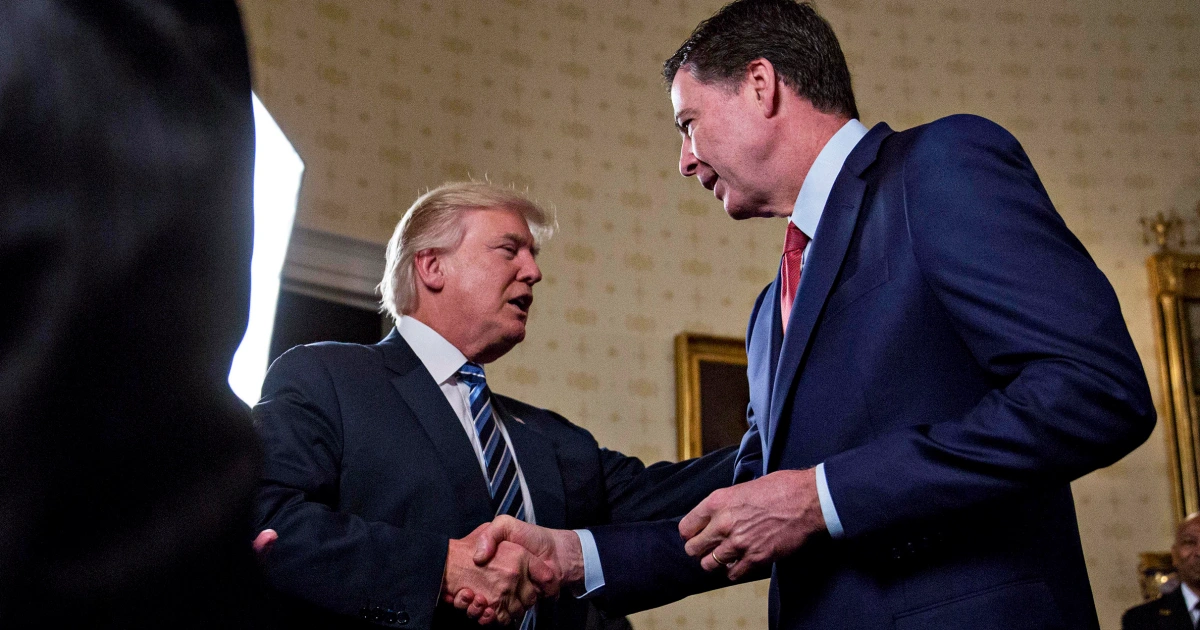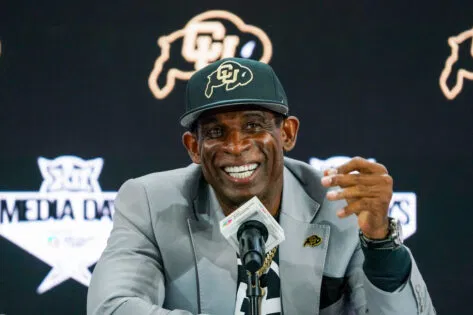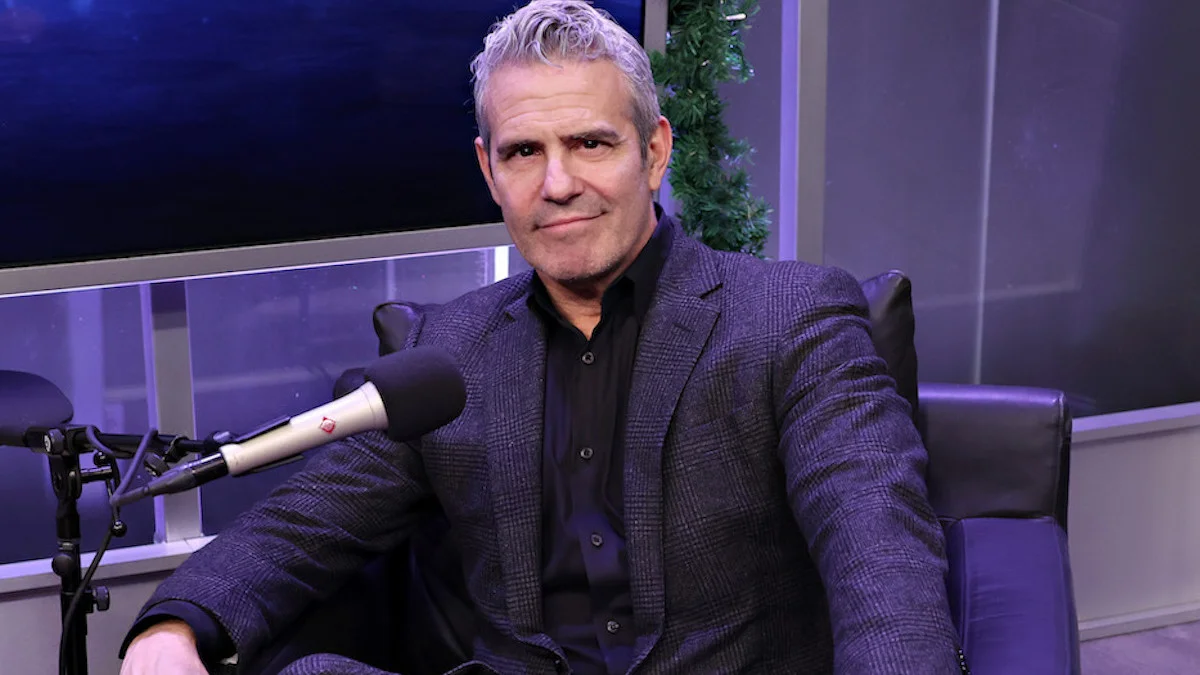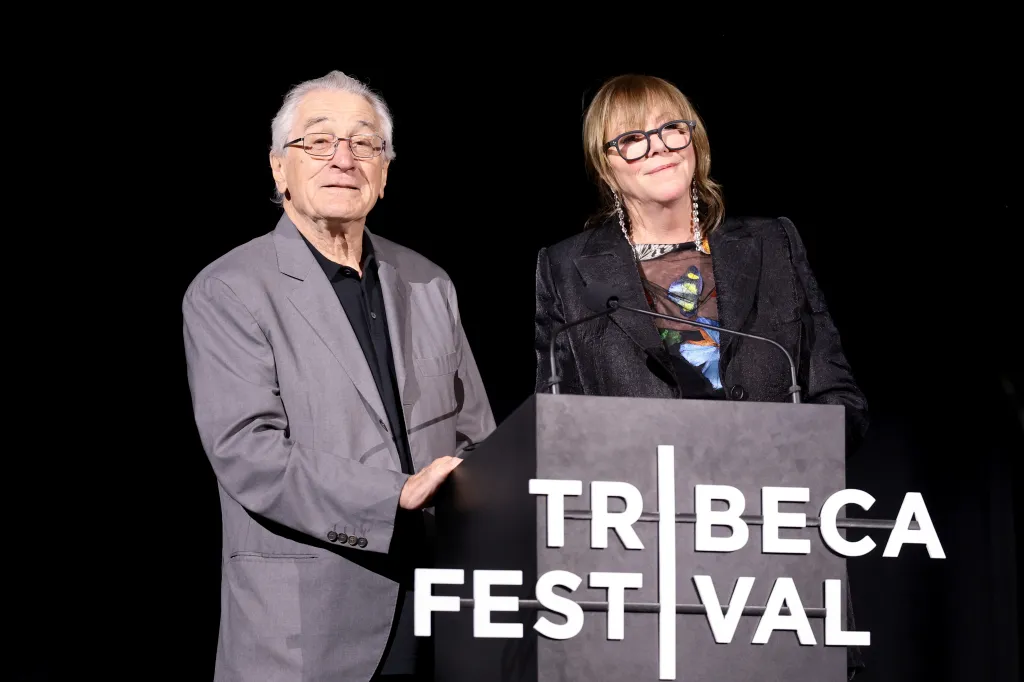
Other than their first names, Jimmy Kimmel and James Comey have little in common.
But the late-night talk show host and the former FBI director are both in the news this week because President Donald Trump decided they were his enemies and sought retribution.
In reality, both were just doing their jobs. Kimmel made jokes at the president’s expense, much like he did with the other three presidents since his show started. Comey refused the president’s requests in his first term to undermine the FBI’s traditional independence.
Neither man set out to be political, but Trump’s conduct has made them unlikely figureheads in a growing pro-democracy movement. Their stance isn’t about opposing the president as a person; it’s about resisting efforts that threaten free speech, the rule of law and the institutions that safeguard American democracy.
Along with millions of Americans, I watched Kimmel’s first show after his suspension on YouTube the following morning. He framed his monologue as comedy under siege, reminding viewers that humor has always been a crucial release valve in democracy.
From comedian-activists such as Dick Gregory to “The Late Show” host Stephen Colbert — another one targeted by Trump — comedy has always spoken truth to power that authorities tried to silence.
Appropriately humble, Kimmel warned that while his suspension drew headlines, a similar effort is happening to target journalists and everyday dissenters that is being overlooked. His message was clear: the real story is bigger, and it should alarm us all.
Kimmel’s case is only the surface. The deeper story is a president intent on bending law firms, Fortune 500 companies and even broadcasters to his will, and punishing anyone who resists. Trump and his FCC allies may have failed to take Kimmel down nationally. But broadcasters such as Sinclair and Nexstar, both with enormous business before the administration, have continued to bend.
Millions of Americans still rely on local TV as their most trusted news source. Those two companies control nearly one-fifth of ABC affiliates across the country. In 2018, Sinclair forced anchors nationwide to read the exact same script about supposed media bias, a chilling reminder of how centralized control can masquerade as community news.
If a president can choke out dissent at the local level, he does not need a national ban. That is what makes this moment so dangerous.
Retribution is not a threat for Trump. It is the organizing principle of his politics. From the start of his campaign, he promised vengeance. In office, he turned gaps in our democratic guardrails into avenues for payback, weaponizing the justice system as both sword and shield. Investigations into allies like border czar Tom Homan were quietly shelved. Political opponents such as Comey and New York Attorney General Letitia James were threatened with prosecutions. The message was unmistakable: loyalty brings protection, dissent brings punishment.
American history tells us this pattern is not new. In 1798, the Alien and Sedition Acts criminalized criticism of the government, weaponized by the John Adams administration to silence its opponents. More than a century later, McCarthyism blacklisted comedians, journalists and teachers, silencing dissent through intimidation. Richard Nixon kept an “enemies list” and sought to use the machinery of the federal government against those who opposed him.
These moments remind us that efforts to police speech and punish dissent recur whenever those in power feel threatened.
But what is happening now is both broader and bolder. It is not only the government targeting individual critics. It is a president attempting to merge state power with the leverage of corporations and media conglomerates. That fusion allows censorship and retribution to extend beyond government walls into the spaces where Americans get their information and form their political opinions.
This is the real fight: who can police speech in America, and who controls what you see, hear and know. The Kimmel saga may look like just another culture war skirmish, but it is a test case for something far bigger. Trump has built a political movement on the promise of payback. The question is whether our institutions, and the people who rely on them, will stand up to a president who has made retribution his brand.



